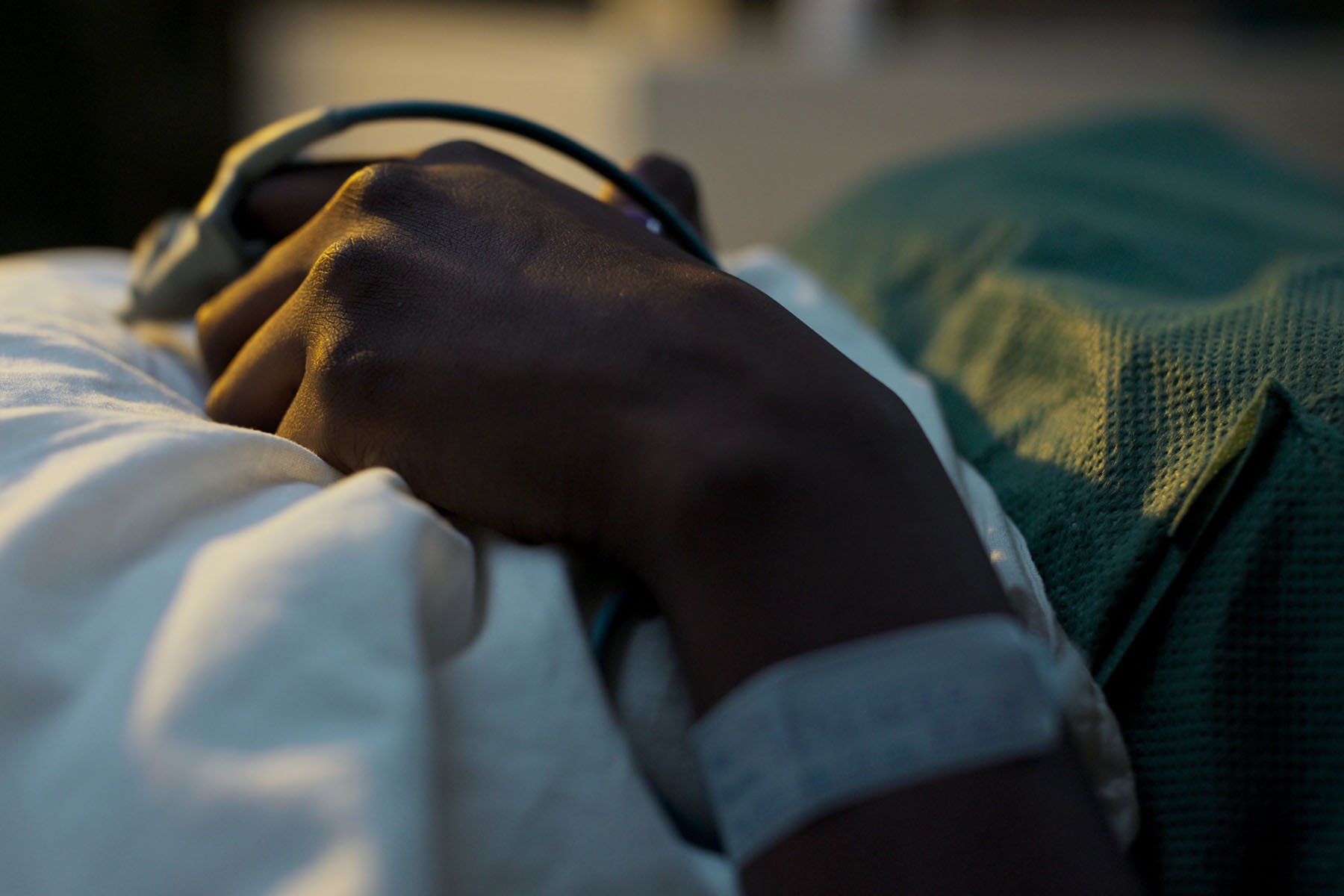Pregnant people living in states with abortion bans are almost twice as likely to die during pregnancy or soon after giving birth, a report released Wednesday found. The risk is greatest for Black women in states with bans, who are 3.3 times more likely to die than White women in those same states.
The Gender Equity Policy Institute, a nonprofit research and policy organization that put out the report, found that since the overturn of Roe v. Wade, pregnancy-related death rates have declined in states that protect abortion access and increased in Texas, the largest state to ban the procedure. The report found that pregnant Black women, White women and Latinas are all at greater risk of death in states with abortion bans than they would be if they lived in states that protect abortion rights.
“There are two Americas for reproductive-aged women and people who can become pregnant in the United States,” said Nancy Cohen, founder of the Gender Equity Policy Institute. “One America, where you’re at serious risk of major health complications or death if you become pregnant, and one where you’re most likely to have a positive birth experience, a healthy pregnancy and a healthy child.”
Researchers compared pregnancy-related deaths in states where abortion is almost completely banned and where it is protected. (The World Health Organization defines pregnancy-related deaths as ones experienced while pregnant or within 42 days of the pregnancy ending, and only if the death was “from any cause related to or aggravated by the pregnancy or its management.”) The report relies on data from the federal government’s National Vital Statistics Section, analyzing pregnancy-related deaths from 2019 through 2023. The data focused on people who identified as “mother” and did not specifically study pregnancy-related deaths for transgender and nonbinary people.
Health care providers have warned for years that abortion bans pose risks to pregnant patients’ lives. Though these laws have narrow exceptions if the abortion is necessary to save a pregnant person’s life, doctors have reported that their language is vague and confusing. As a result, many have said they have had to wait until a patient is approaching death before they can intervene, at which point it may be too late.
Even before the end of Roe, many states with more restrictions on the procedure had higher pregnancy-related death rates, including Texas, Louisiana and Mississippi. But the report suggests that the divides between states have only grown since the loss of federal abortion protections.
In Texas, the largest state to ban abortion, the trend is most pronounced: In 2022, the first full year Texas had outlawed most abortions, pregnancy-related deaths went up by 56 percent, the report found — a much larger jump than the national increase of 11 percent. In states with abortion protections, the report found pregnancy-related deaths declined by 21 percent since the end of Roe.
The impact in Texas was most visible among White women, who typically have far lower rates of pregnancy-related deaths — but who, in 2022, saw a 95 percent increase in deaths. In 2023, the report found, White women and Latinas in Texas were 1.7 times more likely to die because of their pregnancy compared to their peers in states with laws protecting abortion rights. This is especially stark when compared to pregnant people in California, which has the lowest rate of pregnancy-related death: Latinas in Texas were three times more likely to die, and White women were twice as likely.
“The spike in White maternal mortality in Texas is a canary in the coal mine, because White women typically have far lower rates of maternal mortality,” Cohen said. “We know from some of the reporting of individual cases in Texas that these are women with insurance, they’re middle class. And what it suggests is the breadth of the potential impact of abortion bans.”
Still, giving birth in Texas remains most perilous for Black women — who in 2023 were 2.5 times more likely to die because of pregnancy compared to White women in the state. Nationally, Black women in states with abortion bans are at the greatest risk of pregnancy-related death; the analysis found that among Black women, 60.9 die for every 100,000 live births, compared to 18.2 White women and 18.2 Latinas.
That inequality is not new — systemic inequalities in the reproductive health system, including implicit bias among health providers, have meant that Black and Native American women have for years faced far higher rates of pregnancy-related death. But the data underscores that the risks are even greater in states with abortion restrictions. Black women were 1.45 times more likely in those states to die as a result of pregnancy than their peers in states with protections. Black women disproportionately live in states that have banned abortion.
It’s not necessarily clear if or how abortion bans themselves have played a role. Since abortion bans took effect in 2022, the rate of pregnancy-related deaths has increased for Black women in restrictive states, but the growth was not statistically significant. That could be because the populations analyzed were increasingly specific, making it difficult to conduct analysis. It could also be because Black women already faced substantially higher rates of pregnancy-related death.
But the report’s broader findings suggest abortion bans are likely amplifying the crisis, Cohen argued.
“What we do see is it’s worse for Black women in banned states compared both to their counterparts within the state and compared to Black women’s outcomes in supportive states,” she said. “It gives strong evidence that this public policy choice is leading to terrible outcomes.”






